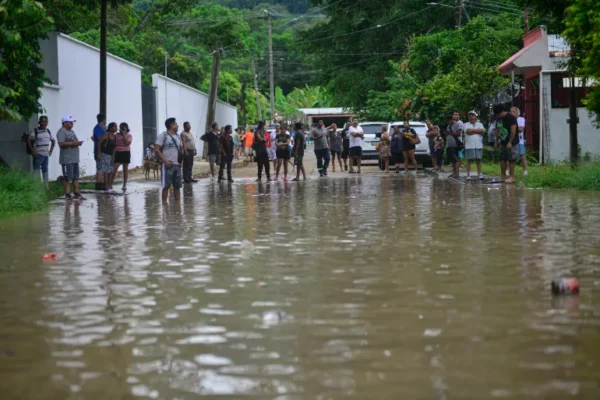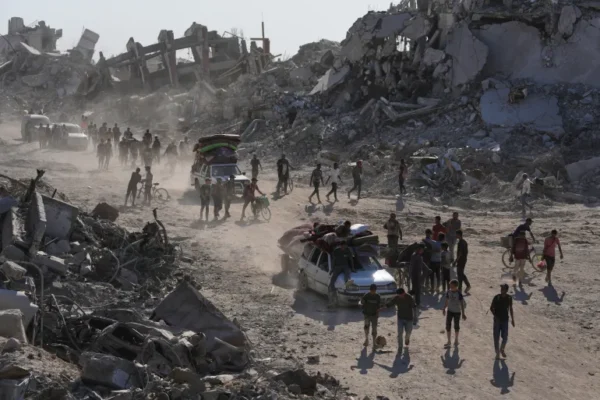UN Expert Warns Gaza’s Recovery Will Take Generations
By Trend Brio News Desk | October 11, 2025 A United Nations expert has warned that Gaza’s recovery could take generations, as Palestinians returning to the north of the devastated enclave confront overwhelming destruction and psychological trauma. Balakrishnan Rajagopal, the UN Special Rapporteur on the right to adequate housing, urged Israel to allow the immediate delivery of tents and caravans to the Gaza Strip, saying displaced residents are finding only rubble where their homes once stood. “The psychological impacts and trauma are profound,” Rajagopal told Al Jazeera on Saturday, as tens of thousands of Palestinians began returning to northern Gaza following Israel’s partial withdrawal under a newly implemented ceasefire with Hamas. Since the conflict began in October 2023, Israel’s bombardment has killed more than 67,700 Palestinians and left Gaza in ruins. The UN estimates that 92% of all residential buildings have been damaged or destroyed, leaving hundreds of thousands of people displaced and living in tents or makeshift shelters. Rajagopal said that most of the emergency housing and relief materials promised earlier this year were blocked from entering Gaza due to Israel’s ongoing siege. “Even immediate relief and aid to the people of Gaza is not possible unless Israel stops controlling all the entry points,” he said. The UN expert, who has previously described Israel’s campaign as an act of “domicide” — the deliberate destruction of homes — said the systematic demolition of housing has been a core part of what he called Israel’s “genocidal actions” against Palestinians. “The destruction of homes and the making of entire areas uninhabitable is one of the main ways in which genocide has been committed,” Rajagopal said, adding that the scale of devastation resembles a second Nakba, referring to the mass displacement of Palestinians in 1948. “What has happened in the last two years,” he said, “is going to be something similar — and rebuilding Gaza will take generations.”







